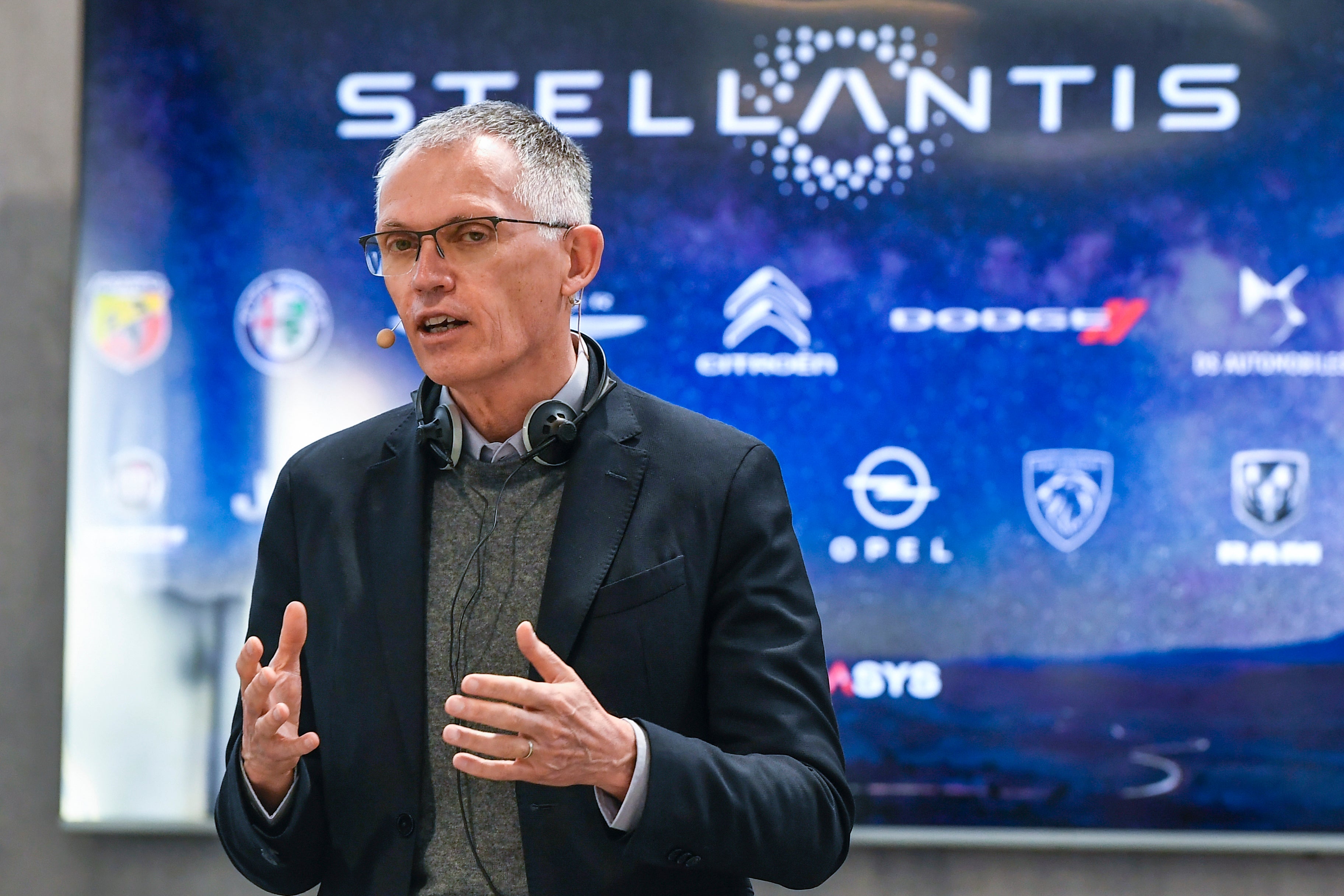Stellantis ships to Europe first fully electric cars produced in venture with China's Leapmotor
Carmaker Stellantis has shipped the first electric vehicles produced under a joint venture with China’s Leapmotor to Europe, with the first models to go on sale next month

Your support helps us to tell the story
From reproductive rights to climate change to Big Tech, The Independent is on the ground when the story is developing. Whether it's investigating the financials of Elon Musk's pro-Trump PAC or producing our latest documentary, 'The A Word', which shines a light on the American women fighting for reproductive rights, we know how important it is to parse out the facts from the messaging.
At such a critical moment in US history, we need reporters on the ground. Your donation allows us to keep sending journalists to speak to both sides of the story.
The Independent is trusted by Americans across the entire political spectrum. And unlike many other quality news outlets, we choose not to lock Americans out of our reporting and analysis with paywalls. We believe quality journalism should be available to everyone, paid for by those who can afford it.
Your support makes all the difference.
Carmaker Stellantis has shipped the first electric vehicles produced under a joint venture with China’s Leapmotor to Europe, with the first models to go on sale next month.
Stellantis CEO Carlos Tavares called the shipment from China of the C10 SUVs and T03 five-door city cars “a landmark moment in this partnership.” They were produced by the Leapmotor International joint venture, which Stellantis leads with a 51% share, to Leapmotor’s 49%.
“I strongly believe that Leapmotor's electric vehicles will be strongly accepted by European customers,’’ Tavares said.
The vehicles will be sold at 200 locations in Europe by the end of this year, more than doubling to 500 by the end of 2026. Stellantis also will expand Leapmotor sales to the Middle East, Africa, Asia Pacific and South America toward the end of the year.
For the moment, Stellantis is paying a tariff of about 30% to 38% on cars it imports to Europe from China, but Tavares told reporters this month that he plans to assemble Leapmotor vehicles in Europe “to get around these tariffs.”
The European Commission imposed the tariffs earlier this month to address what it called unfair undercutting of EU industry pricing. Chinese-built electric cars jumped from 3.9% of the EV market in 2020 to 25% by September 2023.
Tavares said he did not agree with the tariffs, which he said were introduced to correct “the strategic mistake” of banning new gasoline and diesel cars and vans by 2035.
Leapmotor has sold over 400,000 electric vehicles in China through the first half of July. It had the fourth-highest sales among Chinese new energy vehicle startups in June.